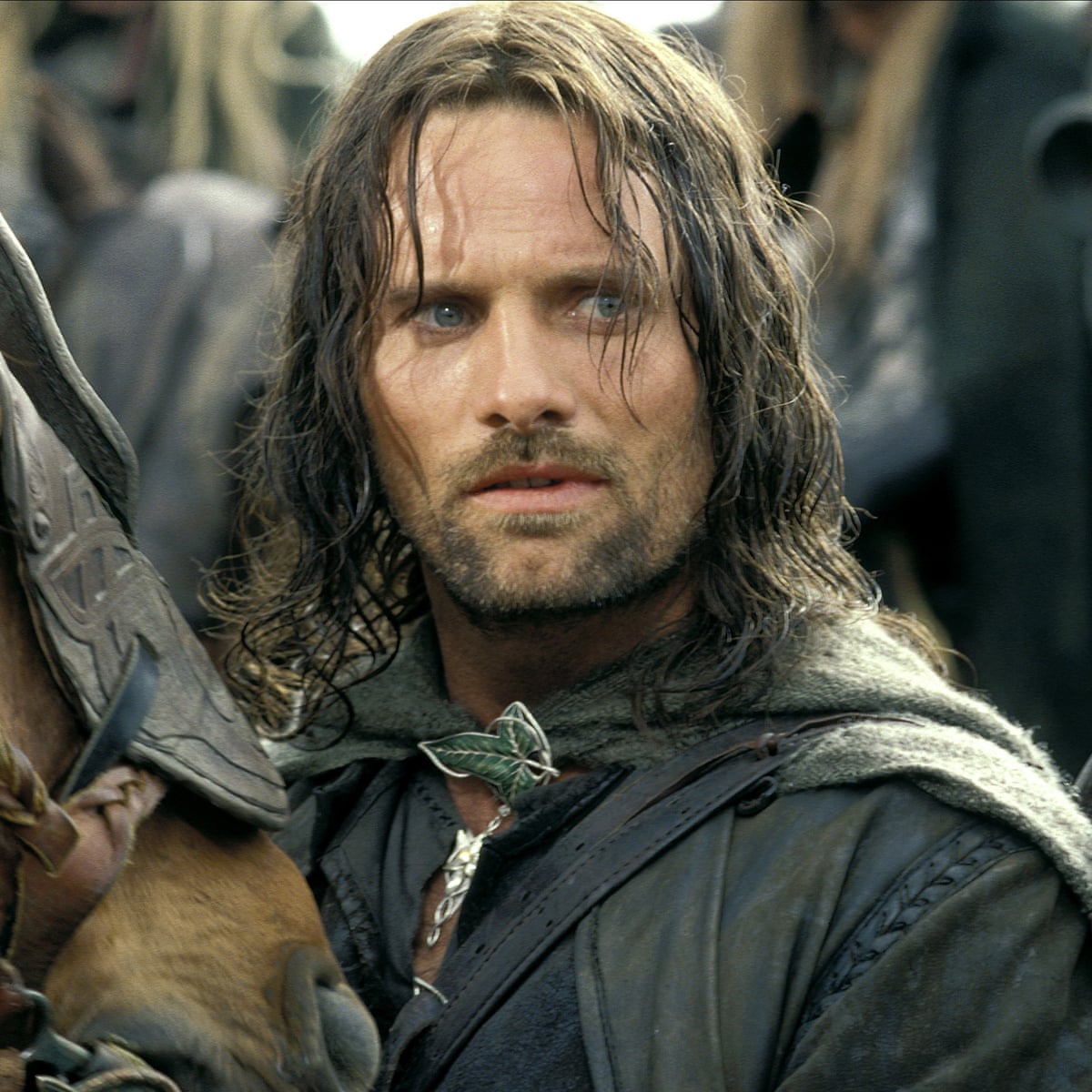In my time as a general fan of fantasy literature, I have come to appreciate the character development and lessons of personal experience that can be portrayed within. When searching for examples of character work done well, especially in the foundational days of the genre, it is easy to point to The Lord of the Rings—one of the first of the genre that sought to build its characters with fleshed-out arcs and interactions.
The character work in the series is genius; its main arc fulfills the reader’s wishes, and many of the sides characters play crucial roles and evolve. But one situation in which it fell short, I believe, is with Aragorn—the ranger and king of Gondor.

We first meet Aragorn as a seasoned warrior, having lived and hunted evil for longer than a normal human’s lifespan. He is the ideal companion in every way, and, while occasionally troubled, serves as a stable leader and embodiment of good throughout the books. He is, for all of Tolkien’s purposes, the perfect character.
I believe that, both despite and because of these facts, he could have been removed with little to no consequence. If not removed, a better arc would have served the character well. Why do I have this outrageous opinion, you inquire?
One might argue that it’s fine or even necessary to have a character who’s already good at the thing the protagonists are striving toward. And… I agree. Yet, in The Lord of the Rings, I believe that Gandalf fits this trope. Gandalf, the wise wizard and mentor to the “children,” shows up when you need him, and serves his purpose when required. He’s a mentor, and an embodiment of all Tolkien assumes is holy. So, why bother to have an additional character who fits the same role? There is no need for a second “perfect character”—to me it only weakens the trope Gandalf is trying to fulfill.
Another might argue that Aragorn plays an essential role in the plot of the series. And you’d be right again: if you’ve read the books, you’ll know that he serves important purposes in both the final and semi-final battles, rising to take the throne of Gondor upon the kingdom’s victory. But could not Gandalf himself retrieve the Army of the Dead? Could he not wield Aragorn’s sword in every battle circumstance? (We know that he can from the Hobbit and several of LOTR’s battle sequences.) During all these times, Gandalf fell to the backdrop, letting us see more of Aragorn’s perfection and skill. And yet Gandalf clearly could have done it all. Faramir could have easily taken the throne instead, or another could have been elected.
While you may or may not share my opinion on the matter, I hope that you now somewhat understand my point.
To further the argument, let’s compare Aragorn to some of Tolkien’s other inventions. Boromir, Faramir, Gimli. Theoden, Denethor. All of these characters fulfill my wishes more; they exceed my expectations. This is because they each have a flaw, a hindrance, something they must overcome lest they die. They all have arcs. Certainly, this is not to say that Aragorn has no arc, that he does nothing… rather that nothing character-wise becomes of what he does. He starts the series perfect in every way; he ends it the same. He ends it as king, of course… but his character has not changed. He is the same strong, dexterous, intelligent, charismatic man, with the same emotions and the same friends.
We are basically asked to assume that all his character work took place before the series began. This, in my opinion, is not a good way to handle a character arc. An author should not say: read my prequel works to find out if this essential character’s personality has ever changed. An author should, at the very least, give us some background information as to their personal growth. We know Tolkien is especially good at histories and tales of past times. He peppered the series with songs of elves and gods, so why not Aragorn?
I repeat once more: there’s a place for the kind of character who does not evolve. It’s just that Gandalf always seems to occupy this role. I could be wrong. This is just my personal opinion.
Do you disagree? I doubt we’re all unified on this topic, and that’s perfectly fine. Feel free to comment below, or read this previous post I made on the subject of Tolkien.
Nai aurelya nauva mára!
-J.
An interesting argument but putting this all on Gandalf’s shoulders would have made him even more unbelievable.
LikeLiked by 2 people